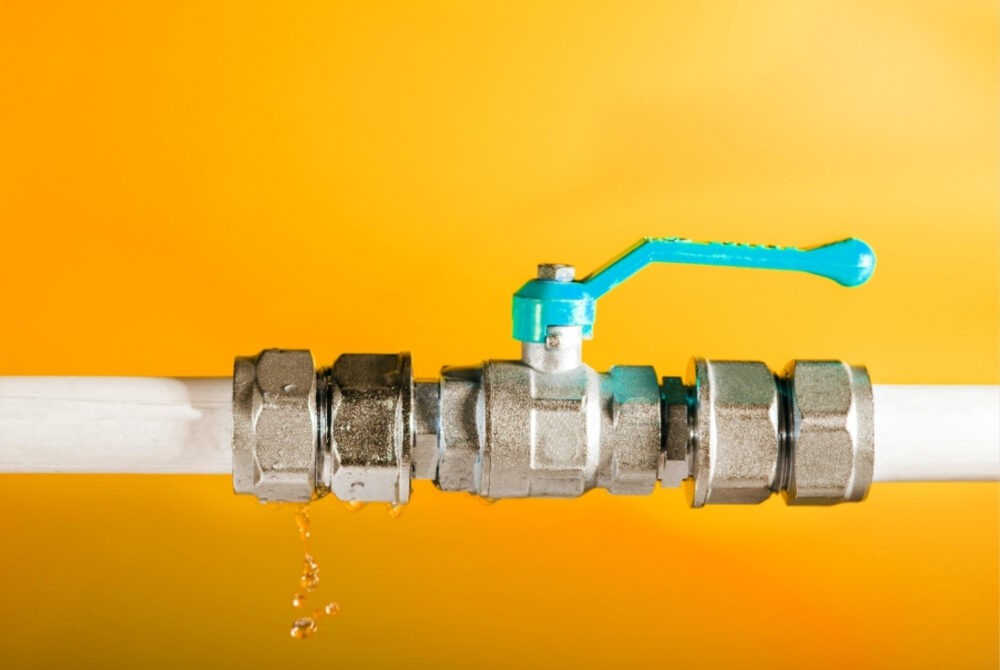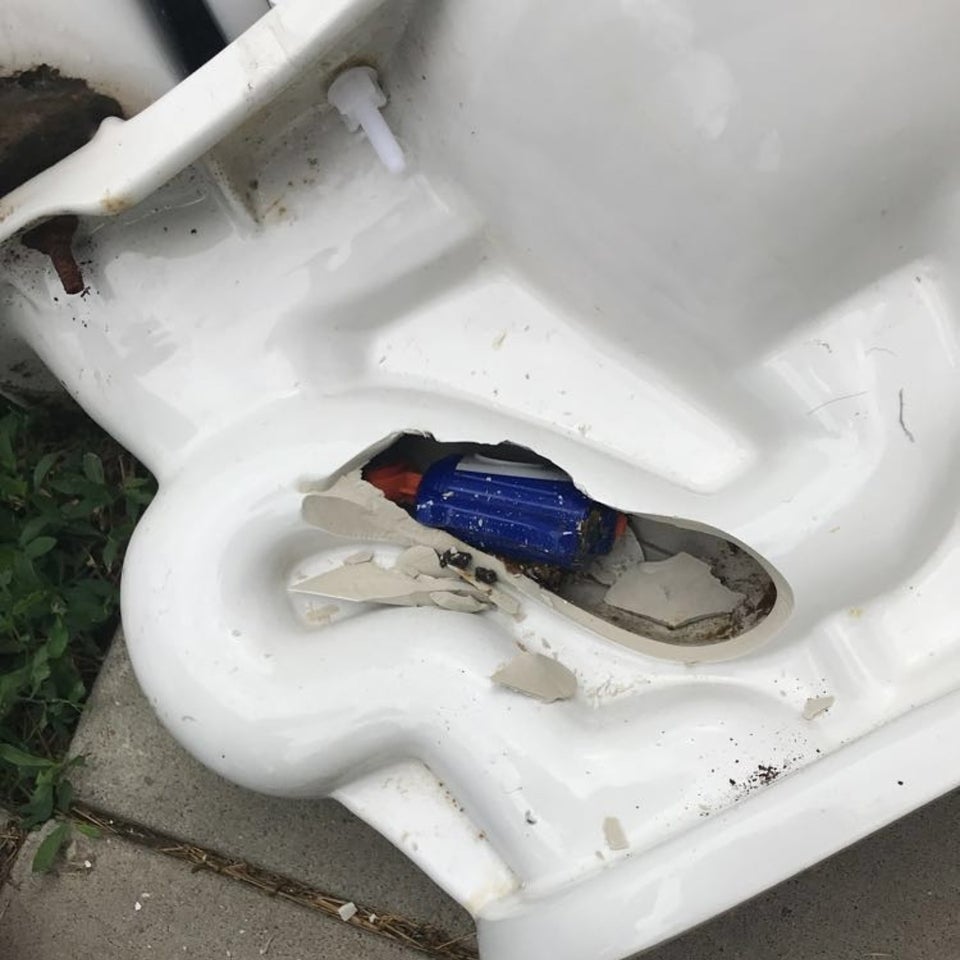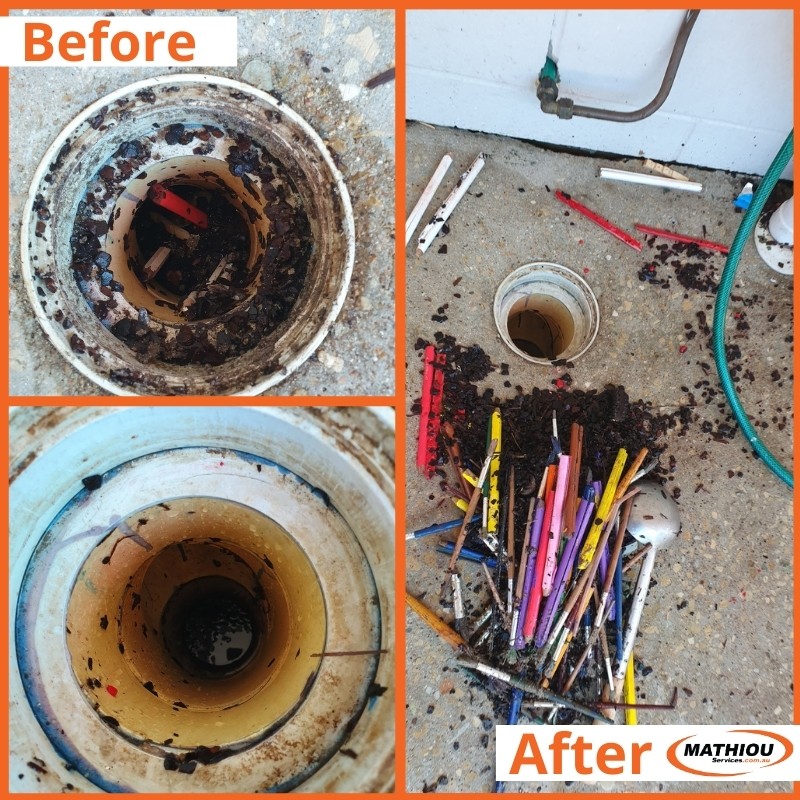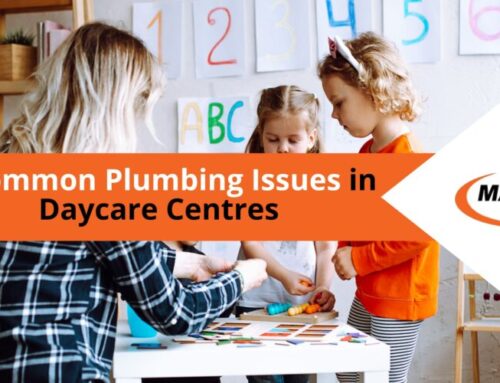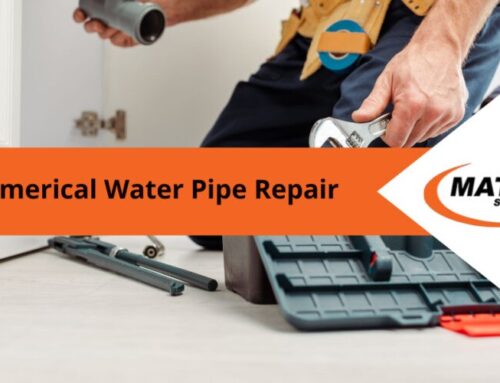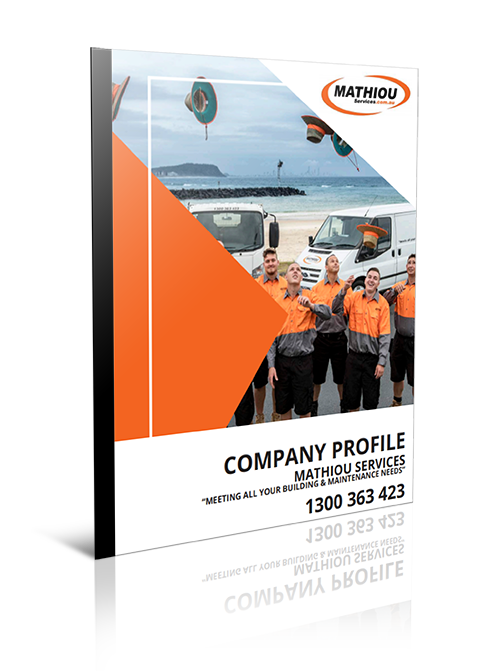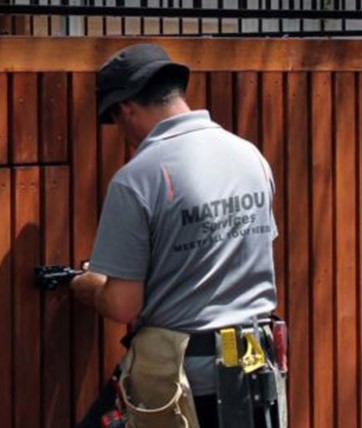Pssst… here is a secret we shouldn’t share but we are all about planning and prevention maintenance so here are 7 of the most common plumbing issues we receive and what you can do to fix or prevent them.
- Clogged toilets
- Clogged drains
- Leaking taps
- Hot water not working
- Gas leaks
- Flooding
- Leaking roof
Here are ways you could avoid these emergencies from happening:
Clogged toilet
This is such a common problem but what’s unheard of is when you find the oddest things clogging them….
- Toilet Paper OVERLOAD or baby wipes flushed – or paper towels – make sure there is accessible toilet paper in the common areas and put a sign up to say “THINK TWICE” plumber call out is $X perhaps this would act as a deterrent
- Sanitary products – especially in an office building with women – if you don’t already have a bin that is regularly emptied then set this up! … It’s important it’s there. Another way is making sure a sign is in place in front of people to act as a great deterrent. Repeat offending should result in private conversations with all involved.
- Pens – perhaps this was by accident and it fell out of their clothing/ hair/hand and they just didn’t want to fish it out – I mean no one really wants to this, maybe not if you have toddler’s hands
- Toys – Have you ever wondered where that nerve gun ended up? Toy plane?
- Nappies – Yup, you wouldn’t believe how often we find these clogging pipes
Clogged drains
This is often as a result of the above objects blocking major pipes which then leads to a plumber needing to hydro jet to push the object out but can also include:
- Food scraps – Usually in the kitchen or a clinic but use a strainer
- Oil or grease
- Hair and soap
To avoid this in future, add a strainer to your sinks to keep food scraps from going down. If you have put oil or grease down your sink, pour at least 1L boiling water down the sink straight away to ensure the liquid doesn’t solidify straight away. Or if its hair, try removing as much as possible.
Leaking tap
This is one of four of the most common leaks in a commercial or domestic building. You can spot a leak visually by stains, puddles or incessant dripping. Try the 15-minute leak test before your phone up an emergency plumber.
Hot water not working
There are some things you can do prior to replacing but if the problem persists you will need to
- Check the thermostat temperature on your hot water cylinder is not set too low, if its too low increase it
- Check the colour of your tap water if its slightly coloured or looks dirty you may need to flush your water cylinder due to build-up sediment – you are familiar with the cylinder and comfortable can be done yourself though it is recommended to be done by a professional.
Read more on the cause of your hot water not working.
Gas leaks
If you can smell gas in your facility and you have checked that all appliances are closed off. Move any vulnerable people out of the room, open doors and phone a plumber as soon as possible. Sometimes you will find yourself or see others constantly getting headaches, or getting extra sleepy just open a window or door until you have a plumber on site.
Leaking roof
Weather this is internal or external if you see a small patch of water or a lot, you may just see a stained wall. Take the time to source the cause as soon as possible to avoid paying large sums in renovations, which will ultimately impact your insurance premiums.
Flooding
Usually caused by some sort of leak or an overflow of water from a clogged drain. The first thing to do is to find and isolate the cause, switch off your main water supply if required and call your local plumber. Until you have a plumber come in to repair the cause keep the main water supply off.

